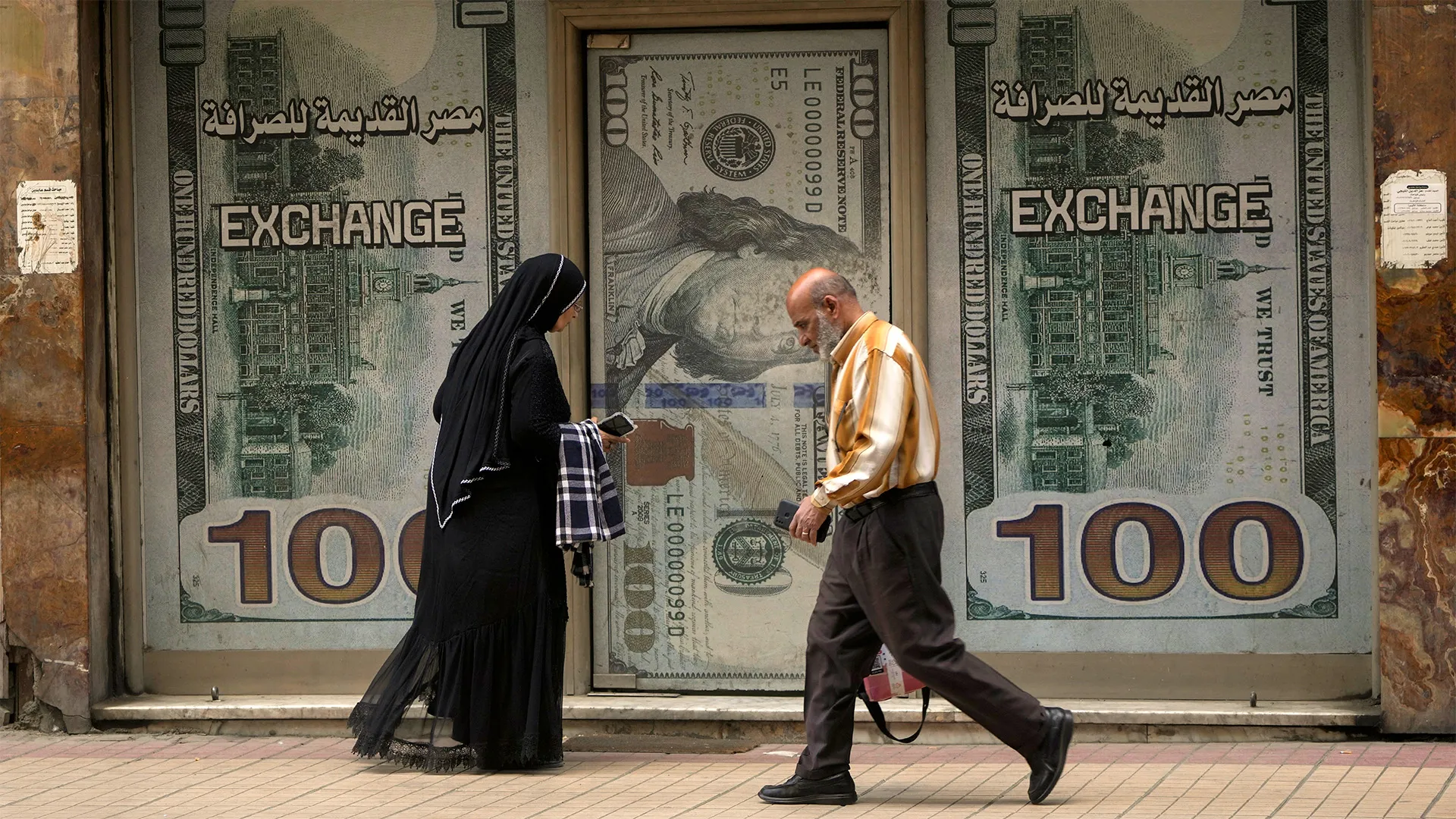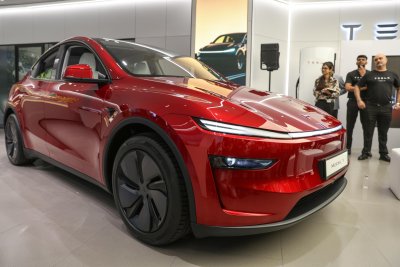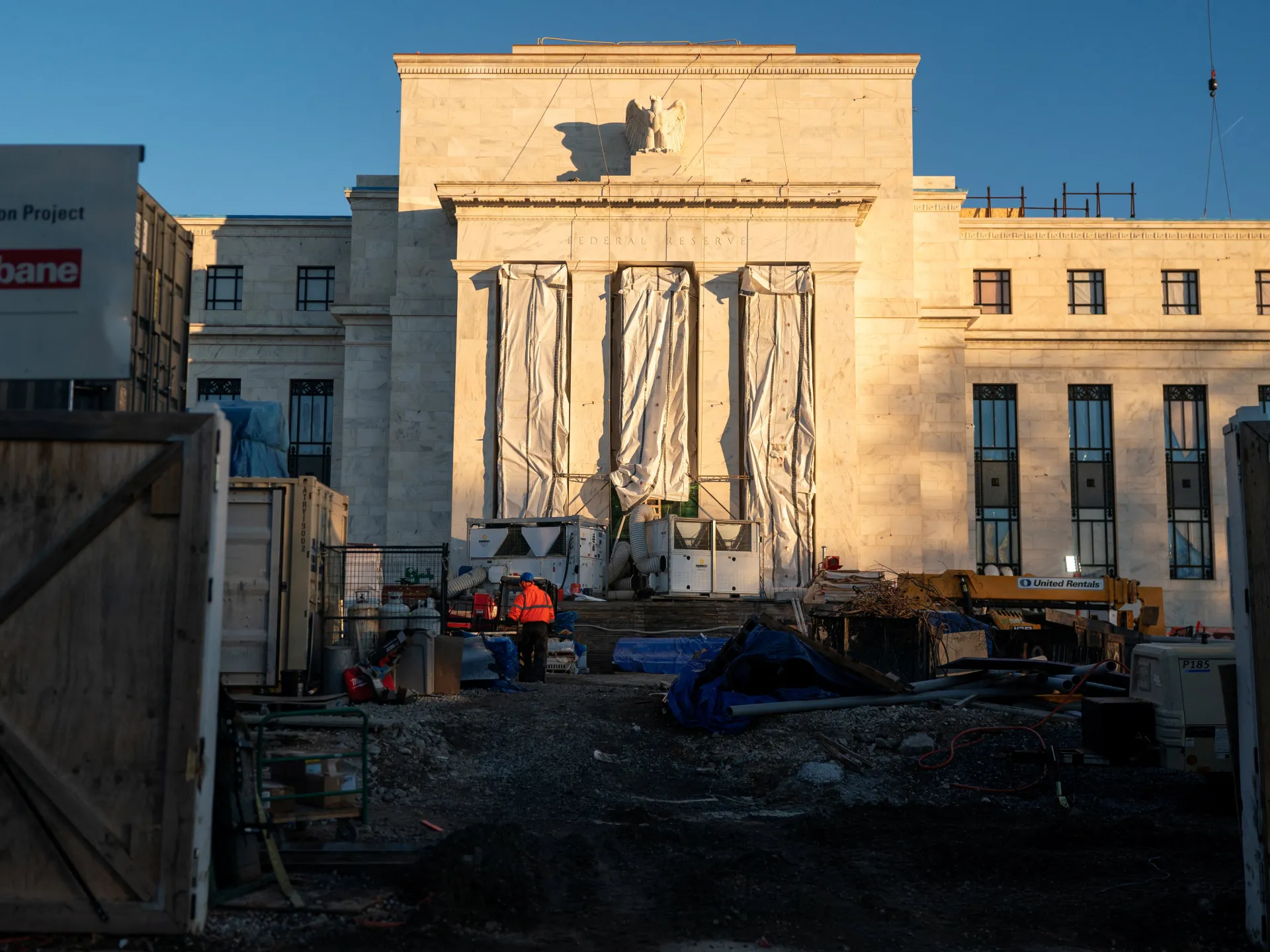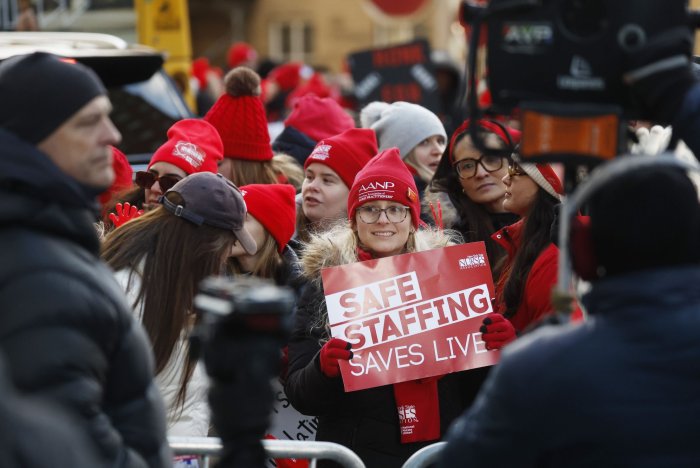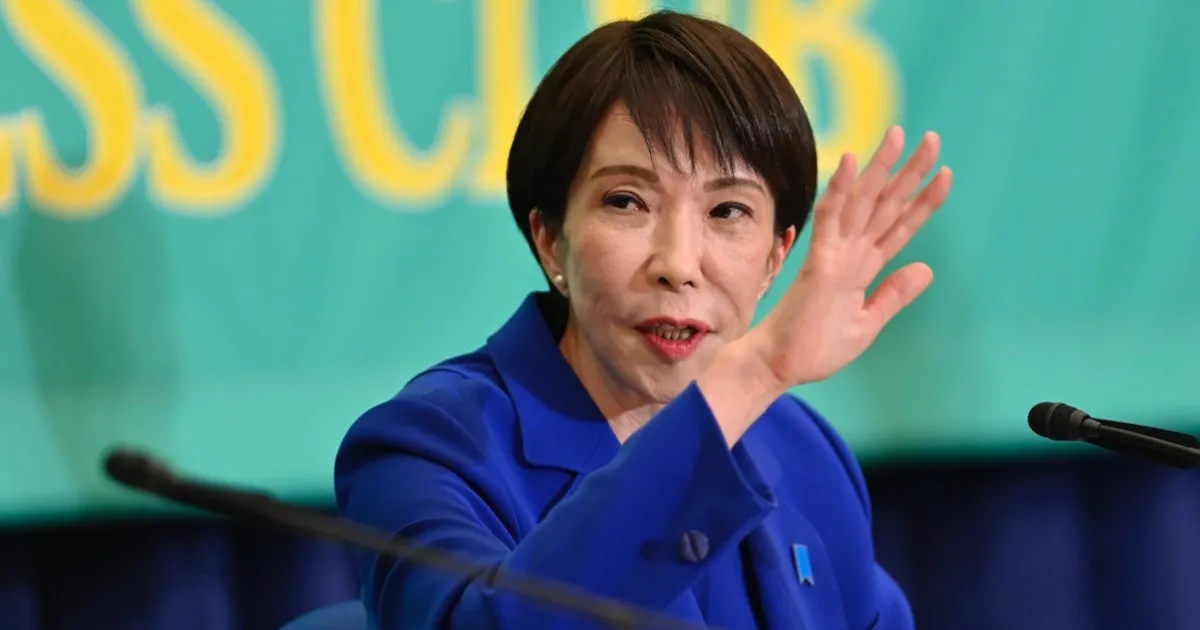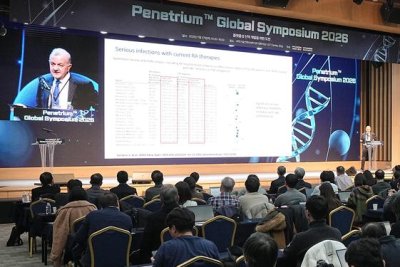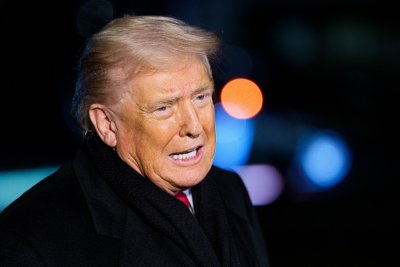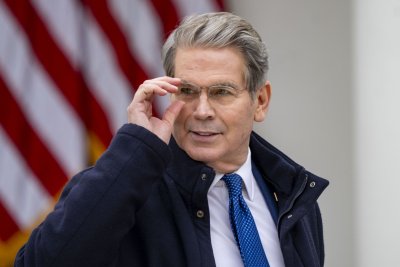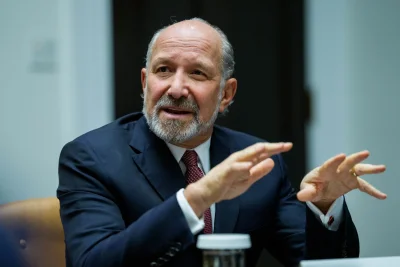Japanese Prime Minister Sanae Takaichi’s tax and spending pledges in advance of snap elections next month have sent jitters through global markets.
Japanese government bonds and the yen have been on a rollercoaster since Takaichi unveiled plans to pause the country’s consumption tax if her Liberal Democratic Party wins the February 8 vote.
Recommended Stories
list of 4 itemsend of list
The market turmoil reflects concerns about the long-term sustainability of Japan’s debt levels, which are the highest among advanced economies.
The volatility has extended beyond Japan, highlighting broader fiscal sustainability worries in an era in which the United States and other major economies are running huge deficits.
What has Takaichi promised on the economy?
Takaichi said last week that she would suspend the country’s 8 percent consumption tax on food and non-alcoholic beverages for two years if her government is returned to power, following her dissolution of the House of Representatives.
Based on Japanese government data, Takaichi’s plan would result in an estimated revenue shortfall of 5 trillion yen ($31.71bn) each year.
Takaichi, a proponent of predecessor Shinzo Abe’s agenda of high public spending and ultra-loose monetary policy, said the shortfall could be made up by reviewing existing expenditures and tax breaks, but did not provide specific details.
Takaichi’s tax pledge comes after her Cabinet in November approved Japan’s largest stimulus since the COVID-19 pandemic.
The package, worth 21.3 trillion yen ($137bn), included one-time cash handouts of 20,000 yen per child for families, subsidies for utility bills amounting to about 7,000 yen per household over a three-month period, and food coupons worth 3,000 yen per person.
Why have Takaichi’s pledges unnerved markets?
Japan’s long-term government bond yields soared following Takaichi’s announcement.
Yields on 40-year bonds rose above 4 percent on Tuesday, the highest on record, as investors exited from Japanese government debt en masse.
Bond markets, through which governments borrow money from investors in exchange for paying out a fixed rate of interest, are closely watched as a gauge of the health of countries’ balance sheets.
While typically offering lower returns than stocks, government bonds are seen as low-risk investments as they have the backing of the state, making them attractive to investors seeking safe places to park their money.
As confidence in a government’s ability to repay its debts declines, bond yields rise as investors seek higher interest payments for holding riskier debt.
“When Prime Minister Takaichi announced a planned reduction in consumption taxes, this made existing bond-holders of Japan’s debt uneasy, requiring a higher compensation for the risk they bear,” Anastassia Fedyk, an assistant professor of finance at the Haas School of Business of the University of California, Berkeley, told Al Jazeera.
“As a result, bond prices dropped and yields rose. And yes, this is a general pattern that applies to other countries, too, though Japan has an especially high level of debt, making its position more vulnerable.”
Japan’s debt-to-GDP ratio already exceeds 230 percent, following decades of deficit spending by governments aiming to reverse the country’s long-term economic stagnation.
The East Asian country’s debt burden stands far above that of peers such as the US, UK and France, whose debt-to-GDP ratios are about 125 percent, 115 percent and 101 percent, respectively.
At the same time, the Bank of Japan (BOJ) has been scaling back bond purchases as part of its move away from decades of ultra-low interest rates, limiting its options for interventions to bring yields down.
“Bond investors reacted because her headline package looks like large, near-term fiscal loosening at exactly the moment the BOJ is trying to normalise policy,” Sayuri Shirai, a professor of economics at Keio University in Tokyo, told Al Jazeera.
How does all this affect the rest of the world?
The sell-off in Japanese bonds reverberated through markets overseas, with yields on 30-year US Treasuries rising to their highest level since September.
As Japanese bond yields rise, local investors are able to earn higher interest payments at home.
That can incentivise investors to offload other bonds, such as US Treasuries.
As of November, Japanese investors held $1.2 trillion in US Treasuries, more than any other foreign group of buyers.
In an interview with Fox News last week, US Treasury Secretary Scott Bessent expressed concern about the impact of Japan’s bond market on US Treasury prices and said he anticipated that his Japanese counterparts would “begin saying the things that will calm the market down.”
Japan’s long-term bond yields fell on Monday amid the expectations that Japanese and US authorities would step in to prop up the yen.
On Friday, The New York Times and The Wall Street Journal reported that the Federal Reserve Bank of New York had inquired about the cost of exchanging the Japanese currency for US dollars.
“Japan matters globally through flows. If Japanese government bond yields rise, Japanese investors can earn more at home, potentially reducing demand for foreign bonds; that can nudge global yields and risk pricing,” Shirai said.
“This is why global-market pieces have framed Japan’s bond move as a wider rates story.”
Higher bond yields in Japan, the US and elsewhere raise the cost of borrowing and servicing the national debt.
In a worst-case scenario, a sharp escalation in interest rates can lead to a country defaulting on its debts.
Masahiko Loo, a fixed income strategist at State Street Investment Management in Tokyo, said that the reaction of international investors to Takaichi’s plans reflects growing sensitivity to fiscal credibility in highly indebted economies.
“Yes, Japan may be the spark, but the warning applies equally to the US and others with large structural deficits,” Loo told Al Jazeera.
Is Japan on the verge of a financial crisis?
Probably not.
While Japan is more indebted than its peers, its fiscal position is more sustainable than it might appear due to factors specific to the country – at least in the short to medium term – according to economists.
The vast majority of Japan’s debt is held by local institutions and denominated in yen, reducing the likelihood of a panic induced by foreign investors, while interest rates are far lower than in other economies.
“The debt situation is more manageable than a lot of people think,” Thomas Mathews, head of markets for Asia Pacific at Capital Economics, told Al Jazeera.
“Net debt-to-GDP is on a downward trajectory, and Japan’s budget deficit isn’t all that big by global standards.”
Loo of State Street Investment Management said that the turmoil surrounding Japan had more to do with a “communication gap around fiscal sustainability and policy coordination” than the country’s solvency.
“That said, markets are likely to continue testing the feasibility of the agenda, as even fiscally sanguine countries have, at times, been disciplined by market forces,” Loo said.








